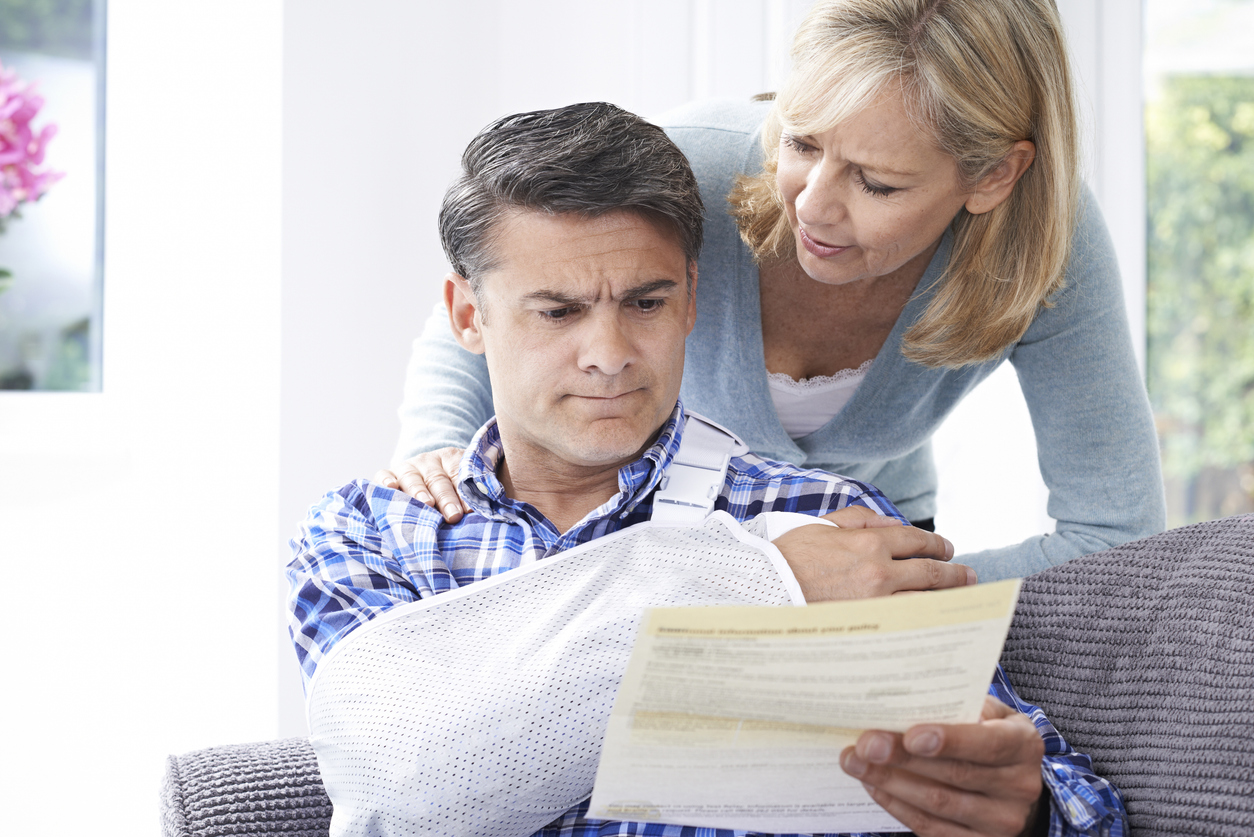Personal injury liability can have serious financial and legal consequences. Whether you’re a homeowner, business owner, driver, or just someone hosting a social event, taking precautions to limit your liability exposure is essential. While no one expects an accident to happen, it only takes one slip, fall, or collision to trigger a claim. Knowing how to protect yourself against personal injury liability helps prevent costly lawsuits and ensures peace of mind.
Understand What Personal Injury Liability Means
Before you can protect yourself, it’s important to understand what personal injury liability involves. In short, personal injury liability refers to your legal responsibility when someone is injured due to your actions, negligence, or property conditions.
This can include situations like:
- A guest slipping on a wet floor in your home.
- A customer falls in a store due to poor lighting.
- Causing a car accident that results in injury.
- Failing to maintain safe premises for tenants or visitors.
If found liable, you could be responsible for medical expenses, lost wages, pain and suffering, and other damages. That’s why taking preventive measures is crucial.
Maintain Safe Property Conditions
Whether you own a home or run a business, maintaining your property is one of the most effective ways to prevent injuries and avoid liability. Regular inspections, repairs, and updates help keep your premises safe for visitors and staff.
Tips to reduce risk:
- Remove ice, snow, or water from walkways promptly.
- Repair broken steps, railings, or flooring.
- Ensure adequate lighting indoors and outside.
- Post warning signs in areas with wet floors or other hazards.
- Secure loose rugs, cords, or other tripping hazards.
If someone is injured due to a hazard you failed to address, you could be held liable for negligence. Proactive maintenance demonstrates that you have taken reasonable steps to prevent harm.
Carry Adequate Insurance
One of the best ways to protect yourself financially is to have the right insurance coverage in place. Insurance won’t prevent accidents, but it can cover the cost of legal claims and settlements if they occur.
Consider these types of coverage:
- Homeowners' insurance: Covers liability for injuries on your property.
- Auto insurance: Required by law and covers injuries from car accidents.
- General liability insurance: Essential for business owners to protect against claims by customers or third parties.
- Umbrella policies: Provide additional coverage beyond standard policies and are especially useful for high-net-worth individuals or those at greater risk.
Review your insurance policies regularly and consult with your provider to ensure your coverage limits are sufficient for your needs.
Be Cautious When Hosting Events
Hosting social events at your home or business? It’s important to take extra precautions when inviting guests onto your property. Even informal gatherings can lead to accidents, and if someone is hurt, you could be on the hook.
Hosting safety tips:
- Keep walkways and gathering areas free of clutter.
- Provide adequate lighting, especially for outdoor or evening events.
- Secure furniture and equipment.
- Monitor alcohol consumption; social host liability laws may apply if an intoxicated guest causes harm.
When in doubt, a little extra planning can go a long way in keeping everyone safe and reducing your liability.
Follow Workplace Safety Standards
If you’re a business owner or employer, protecting your employees is both a legal and ethical responsibility. Workplace injuries can lead to workers’ compensation claims or even third-party lawsuits in certain cases.
Protect your workplace by:
- Training employees on safety procedures.
- Providing proper protective equipment.
- Performing regular safety audits.
- Keeping detailed records of incidents and maintenance.
While workers’ compensation generally limits liability, maintaining a safe work environment helps protect your business and your team.
Drive Defensively and Stay Covered
Auto accidents are one of the most common causes of personal injury claims. Even minor fender benders can result in medical bills and legal claims. That’s why safe driving habits and strong auto insurance coverage are essential.
Smart driving practices:
- Follow all traffic laws.
- Avoid distractions like texting or eating while driving.
- Don’t drive under the influence of drugs or alcohol.
- Keep your vehicle well-maintained and in safe operating condition.
Even if you’re not at fault, an injured person may still try to claim damages. Having coverage for bodily injury liability on your auto insurance helps protect your financial interests.
Post Warning Signs and Disclaimers
If you manage a public space or host activities that carry some level of risk, posting clear warnings and disclaimers can reduce your liability. While these may not completely eliminate risk, they can help demonstrate that you took steps to inform people of potential hazards.
Examples include:
- “Wet Floor” signs during cleaning.
- “Enter at your own risk” notices near construction zones or attractions.
- Liability waivers for gyms, recreational facilities, or events.
Always consult legal professionals when drafting waivers or disclaimers to ensure they’re enforceable in your state.
https://pixabay.com/photos/hallway-school-caution-corridor-1541023/
Document Incidents When They Happen
If an accident does occur on your property or during one of your activities, documenting the situation promptly can help protect you later.
Be sure to:
- Take photos of the scene.
- Get statements from witnesses.
- File incident reports if applicable.
- Save copies of all related communications.
Accurate records can help your insurance provider or attorney defend you if a claim is filed. Don’t rely on memory alone; details matter when it comes to liability.
Seek Legal Guidance When Needed
Even with all the best precautions, accidents can still happen. If you’re ever involved in an incident where someone is injured or if someone threatens legal action against you, it’s wise to seek guidance from a legal professional.
Working with a knowledgeable attorney can help you:
- Understand your rights and responsibilities.
- Navigate communication with insurers or claimants.
- Avoid making statements that could be used against you.
- Explore legal defenses and possible resolutions.
If you're in Missouri or Southern Illinois and need legal guidance, a St. Louis injury lawyer can help you understand your options and defend your interests if a claim is made.
Stay Ahead of Liability Risks
Personal injury liability isn’t just something that affects businesses or landlords; it can impact anyone. From a cracked sidewalk to a fender bender, simple situations can become costly legal battles. By maintaining safe conditions, carrying the right insurance, and knowing when to seek legal help, you can significantly reduce your risk.
Taking proactive steps today can protect you from unexpected liability tomorrow.














